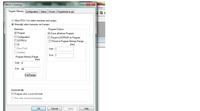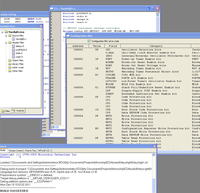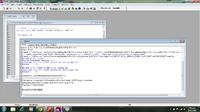Neyolight
Full Member level 5

The COM Port works fine when others try to use it on my laptop(with their board and my Serial US Adaptor). I have a feeling my board is messed up or something! Any Serial port troubleshooting tips?





